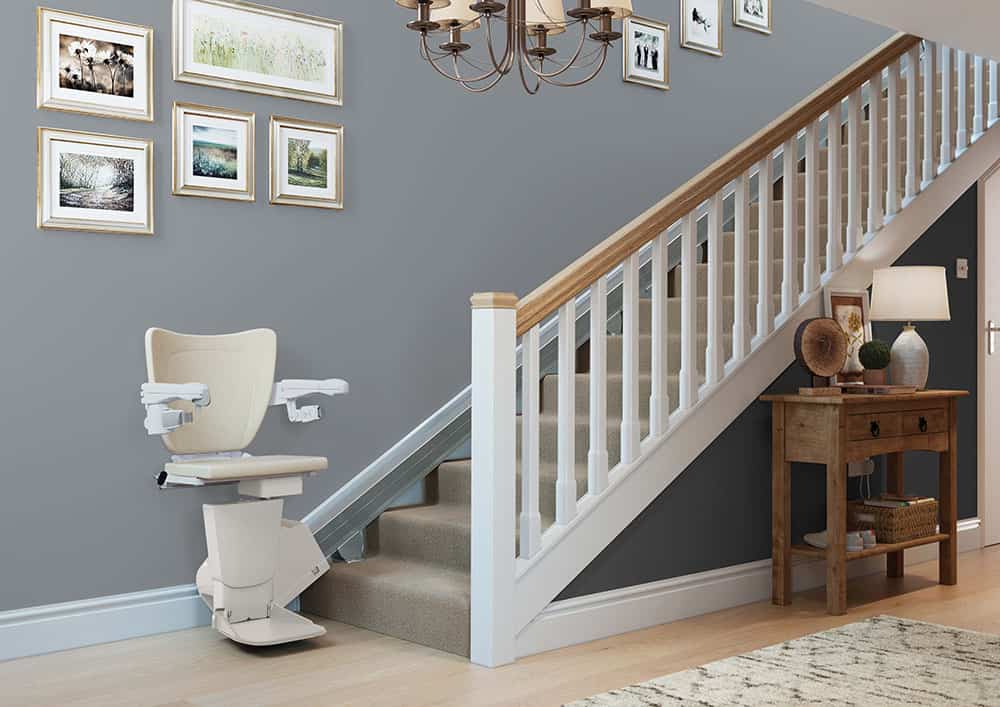New manifesto capitalises on lack of suitable housing for elderly people and calls for better integrated housing policies

The Housing and Ageing Alliance has launched a new manifesto – Time for Action – highlighting an urgent need to address the housing situation for elderly people to enable them to live independently for as long as possible.
It underlines the detrimental impact that a lack of appropriate housing has on the healthcare sector as well as in social care and urges housing, planning, health & social care policies to make housing suitable and inclusive for older people.
Time for Action sets out numerous proposals for change in the current housing situation in England and explains how these changes would benefit the healthcare and social care sectors.
The proposals
The Alliance’s proposals include enabling older people to live independently wherever they choose so that they are in control of their homes and lives. The manifesto says that age-friendly homes, neighbourhoods and services should be created to ensure elderly people live healthy and fulfilling lives.
Additionally, Time for Action recommends that there should be direct capital investment into housing to help tackle the shortage of suitable housing in England.
Another proposal is to make it a legal requirement for all local plans to deliver inclusive homes and neighbourhoods where older people can flourish and to make Building Regulations standard M4 (2) the default for all new homes.
Furthermore, the manifesto underlines that there should be universal access to home adaptations provision as well as independent and impartial advice about housing, care and related finance in later life.
Finally, Time for Action recommends creating integrated housing, health and care policies to allow people to live safely and well at home as they age.
Why better housing for ageing should be high on the health agenda
In its manifesto, the Housing and Ageing Alliance provides reasons as to why suitable housing for elderly people should be a priority.
It says that appropriate housing is a significant determinant of health and well-being amongst the ageing population, and hence impacts on demand for NHS services.
As elderly people are the main users of both hospital and primary care, their homes are a particularly important factor in maintaining physical and mental health, says the Alliance. Appropriate housing can also help reduce the risk of falls and thus prevent hospital admissions.
According to the manifesto, inadequate housing causes or contributes to many preventable diseases and injuries, including respiratory, nervous system and cardiovascular diseases, and cancer.
As a result, suitable housing for older people can reduce the costs and pressure on the NHS, as well as reduce visits to GP’s by older people with chronic conditions, enable timely hospital discharge, extend independence (e.g. for patients with dementia), and enable end of life care at home.
Why better homes for ageing should be high on the social care agenda
As well as reducing pressure on the NHS and ensuring individuals live independently at home, safe and accessible housing in decent neighbourhoods contributes to older people’s health and wellbeing, notes the manifesto.
Time for Action outlines that allowing elderly people to remain connected to local networks and get involved in local activities can prevent loneliness and isolation, which is particularly important in slowing down the decline of dementia.
In addition, the Alliance says that falls and accidents can be significantly reduced by better housing design or installation of adaptive equipment. Housing adaptations enable older people to look after themselves without carers and present significant cost savings.
The manifesto unveils that the average DFG-funded adaptation costs £7,000 compared with residential care costs of £35,000-£52,000 per year.
Home adaptations and assistive technology can also play an important role in helping older people to live independently at home, notes the Housing and Ageing Alliance.
The aim of the Housing and Ageing Alliance is to bring about improvements to the housing and living conditions of older people.

